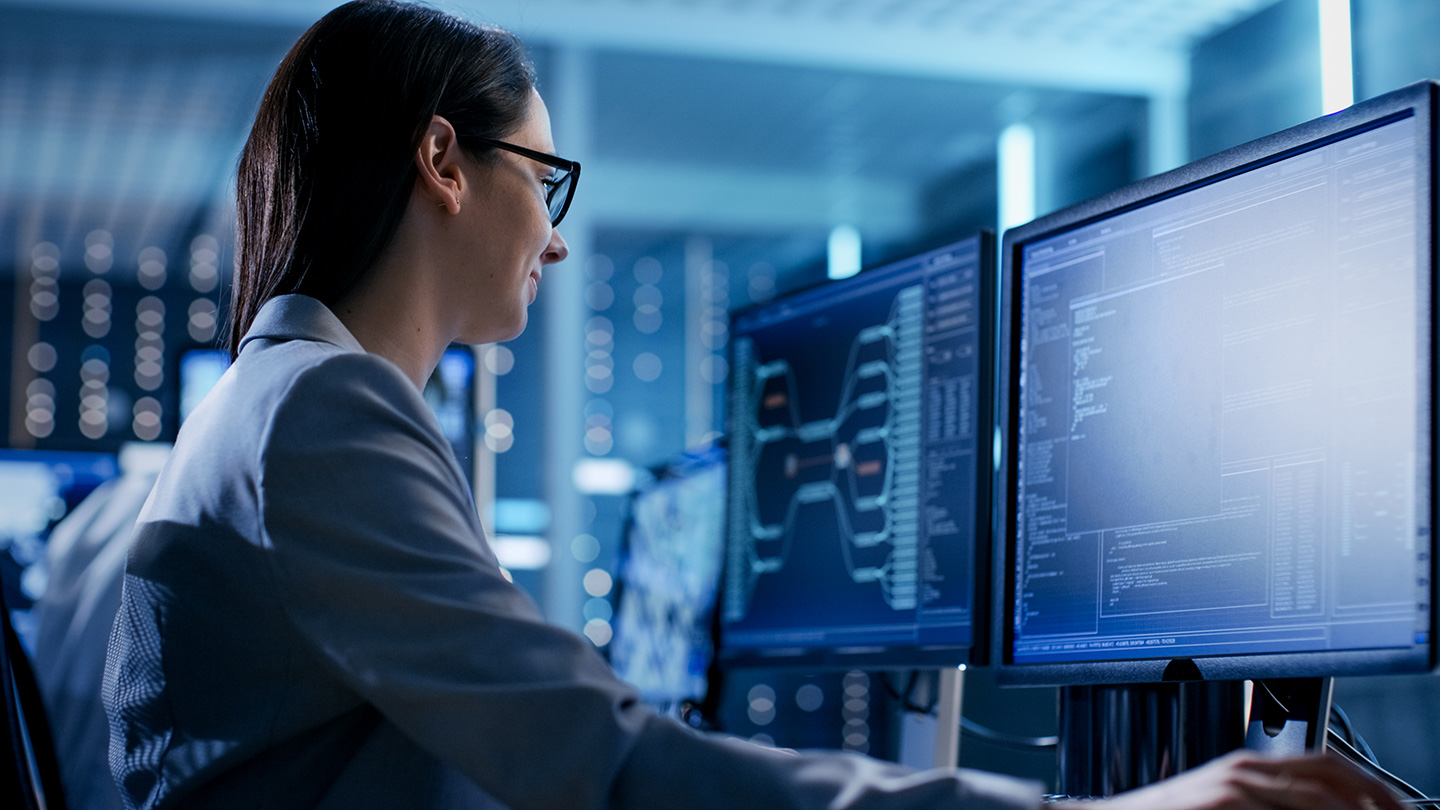The magnitude and severity of growing incidents of cybercrime is a huge cause of concern for businesses around the globe. Business leaders and CEOs have now come to realize how vital it is for them to consider building a strong cybersecurity program within the organization. Setting a strong foundation of cybersecurity in the work culture is today the need of the hour. As a business leader or a CEO of your company, you play a key role in influencing the right work culture. Creating a work culture and norm that aligns with cybersecurity goals is crucial and possibly the best defense against cybercrime adversaries, to begin with.
1. Understanding that Cybersecurity is important for Business
Understanding the implications of cybercrime on business is paramount and it leads many to seek a career in cybersecurity. That said, business leaders or CEOs can no longer be ignorant of the cybersecurity measures implemented by their team and simply rely on them for building a strong cybersecurity program for the organization. CEOs should be actively involved in all the security programs and inspect all the work to gauge the relative health of an organization and the competency of individuals handling the cyber defense programs. Understanding every aspect of the program is crucial for it has a direct impact on your business legally, financially, in terms of reputation, brand image.
2. Learn about the evolving threats and current security landscape
Knowing where your business stands in terms of security especially in the current threat landscape is essential. Business leaders and CEOs must spend time with experts (CISO, CFO, CIO, and DPO) to learn more about cybersecurity requirements. They must be aware of the evolving regulatory frameworks in their industry and the international standards and best practices applicable globally.
3. Cybersecurity is not the sole responsibility of the IT team
More than often CEOs take a step back while entrusting the entire security measure initiative to the IT and Cybersecurity team for building and implementing effective measures. However, on the contrary, the CEOs should be playing an active role in introducing the cybersecurity work culture within the organization. For this, the CEO must regularly have meetings with CISO, CIO, and DPO to understand the kind of activities undertaken for securing the organization against various threats.
4. Work with CISO and CIO for Policies and Procedures
Cybersecurity-related policies and procedures must be drafted in consultation with the top management including the CEO or the Business leaders. The policy and procedures have a direct impact on business operational, financial, and security areas. This is because cybersecurity in general is a broader concept touching various aspects and areas of business. It has a direct impact on the job profiles, roles, and responsibilities set for the CISO, the cybersecurity team, third-party vendors, or anyone involved with the company for business. So setting the right policy and procedure is crucial as it facilitates enforcement of various regulatory frameworks and requirements within the organization and its work culture.
5. Investing money in advanced security tools is not the only solution
The effective way of going about implementing cybersecurity measures is not just by investing money on expensive tools and software. There must be strong cybersecurity work culture implemented with the organization and allocation of roles and responsibilities with proper validation of their competency in it. Providing training and conducting cybersecurity awareness programs should be a must for top management, key employees, and staff working in the organization. For this, having a CEO or the Business leader backing the initiative and proactively involved in the program is equally essential.
6. Stay updated with the latest regulatory frameworks
CEO must be updated about the latest regulatory frameworks and standards of best practices in the industry. This is crucial for formulating plans and taking decisions pertaining to implementing security measures and developing policies and procedures for enforcement. Not just that they must even be aware of all the cybersecurity-related issues that are prevalent in the industry. CEOs must keep up with trends by staying updated with the latest happenings in the cybersecurity industry.
7. Roles and Responsibility of a CEO in Cybersecurity
As the rate of cybercrimes is rapidly increasing in almost every industry, the overall responsibility of ensuring the security of the organization lies in the hands of the CEO and the top management of the organization. Understanding the impact of threats, and taking appropriate action to protect the business is what a CEO should be looking at. For this, the CEO needs to be proactively involved in all the security programs concerning the organization. CEOs are in a position to influence employees and give them the right direction towards their cybersecurity goals while also aligning their business objectives. So, below given are certain roles and responsibilities of a CEO that must be considered to help the employees in their effort to protect the organization against cyberthreats.

